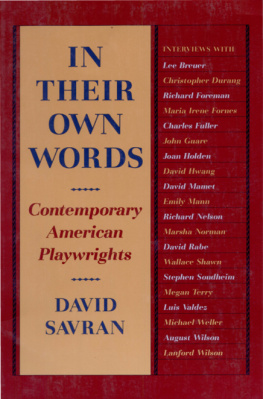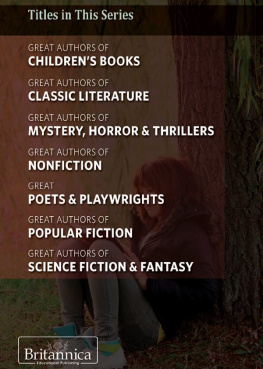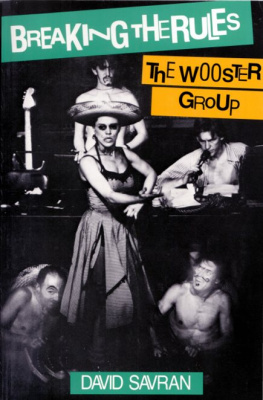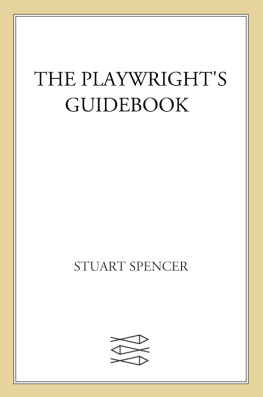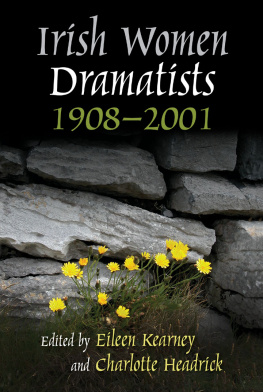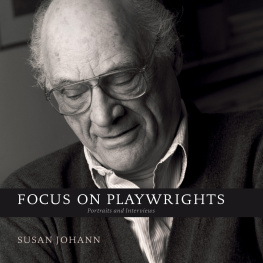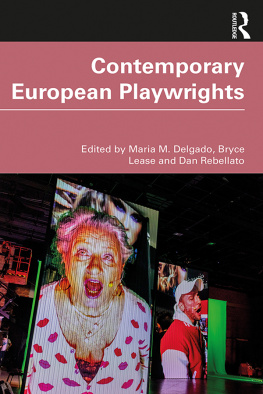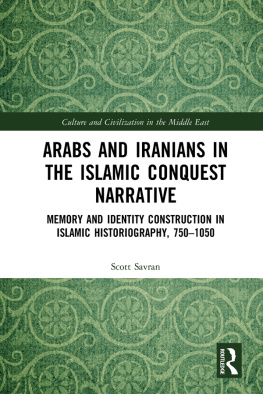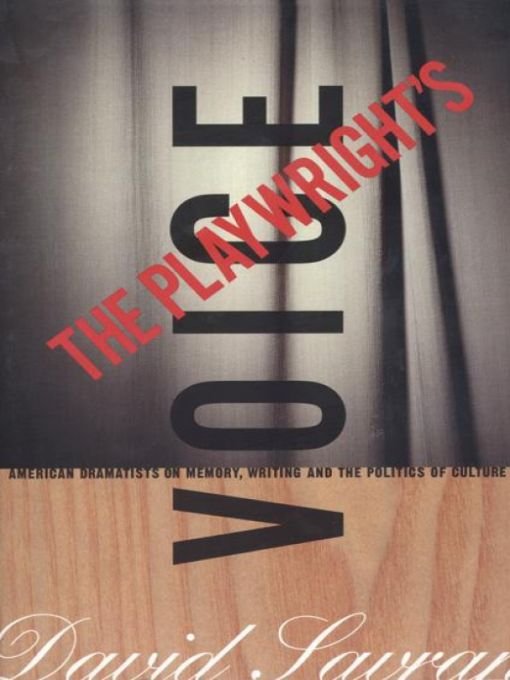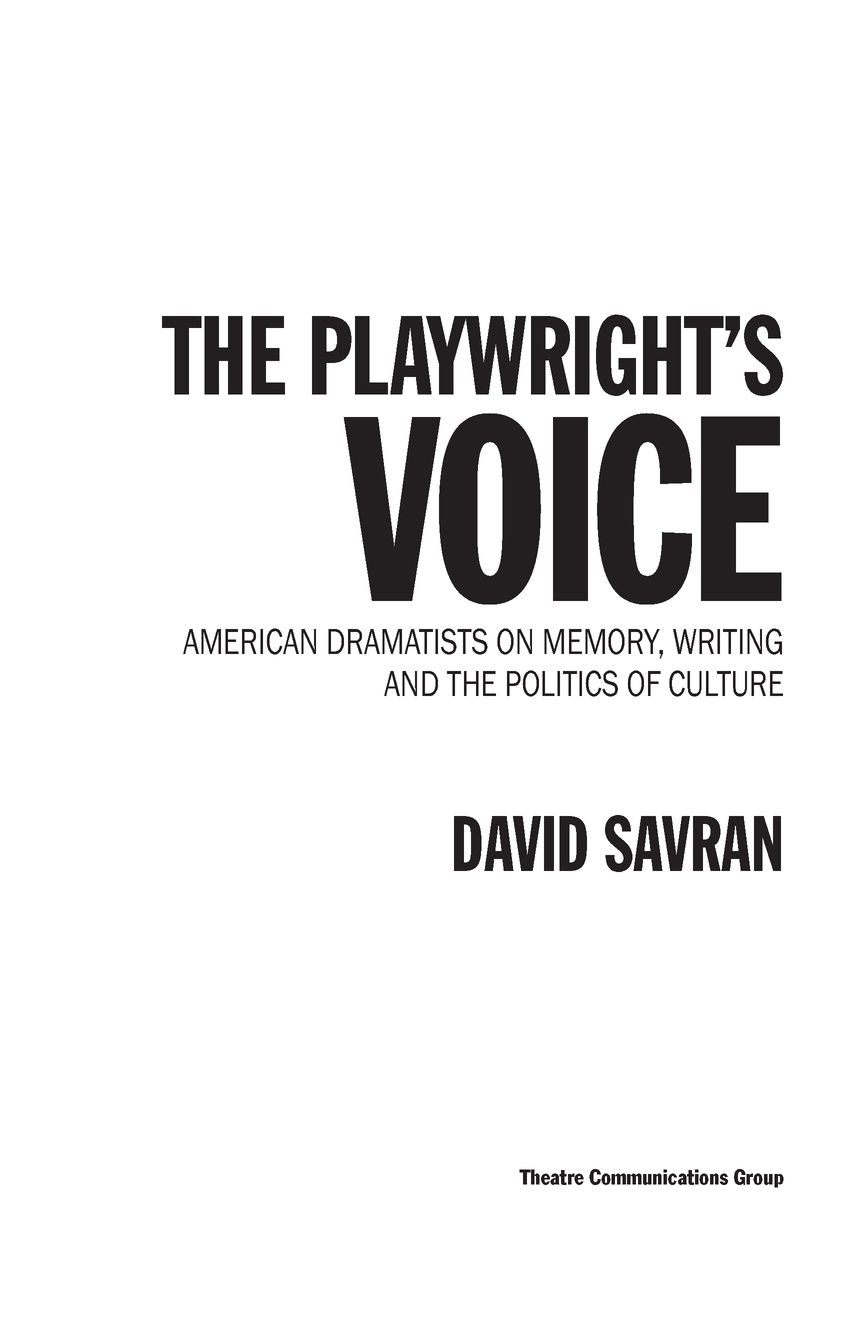Table of Contents
Other TCG Books by David Savran:
Breaking the Rules: The Wooster Group
In Their Own Words: Contemporary American Playwrights
Includes interviews with: Lee Breuer, Christopher Durang, Richard Foreman, Maria Irene Fornes, Charles Fuller, John Guare, Joan Holden, David Henry Hwang, David Mamet, Emily Mann, Richard Nelson, Marsha Norman, David Rabe, Wallace Shawn, Stephen Sondheim, Megan Terry, Luis Valdez, Michael Weller, August Wilson and Lanford Wilson.
To Loraine and Jack Savran,
Who fostered my love for theatre
And took me to see my first adults only movie,
Whos Afraid of Virginia Woolf?
Acknowledgments
First and foremost, I want to thank all the playwrights for their extraordinary generosity of spirit, for the clarity and force of their ideas and for their willingness to engage with me on a number of complex and contentious issues. These conversations proved illuminating and provocative in often unexpected ways, and have helped me to understand the contradictions at play in American theatre and culture at a criticaland, it seems to me, rather periloushistorical juncture.
Second, my heartfelt appreciation to Benjamin Gerdes, who devoted himself brilliantly to the difficult task of transcribing the tapes while retaining a powerful sense of the speaking voice. His hard work, care and dedication helped to turn the completion of this project into a genuine pleasure. And his thoughtful feedback on both the interviews and introductions was invaluable.
Third, I want to thank the many people with whom I have discussed this project and who have, in very different ways, facilitated its completion: Mark Cohen, Bonnie Metzgar, Terry Nemeth, Gwendolyn Parker, Steven Samuels, Ronn Smith, Sylvia Stein; the students in my contemporary drama classes at Brown University; and Samantha Rachel Rabetz for her fine editing of the manuscript.
Finally, my great thanks to the two people without whom this book would not exist: Paula Vogel, with whom over the past twenty-five years I have enjoyed a peerless conversationone to which this volume will, I hope, make a small contribution. And to Scott Teagarden, whose remarkable insights into theatre, writing and culture are everywhere woven into this text.
WARDEN: Youre taking nothing with you but the clothes on your back.
CHAPLAIN: Im taking much more than that.
WARDEN: Aw. Maybe Id better have you frisked on the way out.
CHAPLAIN: You could strip me naked and Id still have these.
WARDEN: These what?
CHAPLAIN: Memoriesshadowsghosts!
Tennessee Williams,
Not about Nightingales (1938)
Like performance, memory operates as both quotation and invention, an improvisation on borrowed themes, with claims on the future as well as the past.
Joseph Roach,
Cities of the Dead: Circum-Atlantic Performance (1996)
The Haunted Stage
In the final moments of Paula Vogels How I Learned to Drive, Lil Bit sits down at the wheel of her car, sees the spirit of her Uncle Peck in her rearview mirror, and smiles. No matter where she goes, the reflection suggests he will follow. For in that moment the play brilliantlyand literallyilluminates a ghostly presence that will always comfort and unsettle her. Yet How I Learned to Drive is hardly unique in its habit of raising the dead. As the twentieth century comes to an end, American plays are suddenly full of ghosts, ghosts that are absolutely central both to the plays themes and to their emotional impact. From the spirit of Uncle Peck to the surprisingly gentle apparition of Ethel Rosenberg in Tony Kushners Angels in America, from the ghost of a forsaken lover in Philip Kan Gotandas Ballad of Yachiyo to the specter of a black Abraham Lincoln (called The Foundling Father) in Suzan-Lori Parkss The America Play, the American theatre is truly a haunted stage.
Why, I wonder, is it haunted? What is it haunted by? Why have these emanations from a different time and a different place mysteriously taken up residence in Americas theatres?
The haunting of American stages is undoubtedly a complicated phenomenon with as many causes as there are ghosts. And there is no question but that todays theatre is by no means unique in its fascination with things mysterious and unexplained. For the occult has become extremely popular during the nervous nineties. Stephen King remains a synonym for best-seller, The X-Files racks up Emmy awards, while the latest incarnations of Alien or Halloween (along with their barely distinguishable kin) fill the local multiplexes. Trying to understand the renewed popularity of various occult genres, one must bear in mind that they do far more than arouse terror. For the occult is also an ironically comforting experience insofar as it is always about mastering the unknown, controlling the uncontrollable, attaching a shape and an identity to formless and nameless fears. And it is little wonder that the first hour of an occult movie is always far more frightening than the second, and the vague intimations of an alien presence on a spaceship far more unsettling than the slime-dripping monster that belatedly rears its ugly head. For horror cannot be vanquished until it is seen and comprehended. Unseen, it is uncontrollable. The final victory over an occult terror signals therefore not only the heros but also our own vicarious (and temporary) mastery of terror.
At the same time, however, the occult does more than assuage our own personal fears. It also operates on a broader cultural level, as a way of dealing with certain anxieties that we, as a nation, harbor. And in attempting to understand why the nineties have borne witness to a resurgence of the occult, I am tempted to read our monsters allegorically, as the materialization of new anxieties. In the wake of the Cold War, the geopolitical equilibrium of forty-five years has given way to a more unpredictable world order that has seen a proliferation of limited and local wars, and increasing alarms about the spread of chemical, biological and nuclear weapons. Confronting these developments, we Americans, in seeing the alien queen or Godzilla killed off, can imagine our triumph, however provisionally, over our own alleged enemiesbe they Saddam Hussein, Fidel Castro or the next dictator du jour.
The recent occult revival may also represent the flip side of a new wave of spirituality that is linked to the New Age movement. For the past ten years have seen the burgeoning of a multibillion-dollar industry of services and products that betray what trend spotters call a spiritual renaissance, as manifested by a rekindled interest in Asian philosophies and religions, meditation, alternative medicine, twelve-step programs and various religious fundamentalisms. During a period of doubt and insecurity, when there seems to be such a hunger on the part of so many to believe, the new spirituality confirms the existence of a benevolent higher power, while its complement, the occult, imagines that power to be more terrible than benign. The appearance of ghosts, angels and monsters in a wide range of cultural productions thus functions ironically to confirm that there is an order to the universe and a meaning to life and death. It suggests there are patterns and moments of clarity in human history. It proves theres someone out there who cares.


